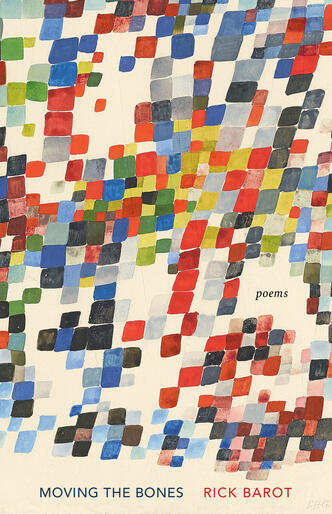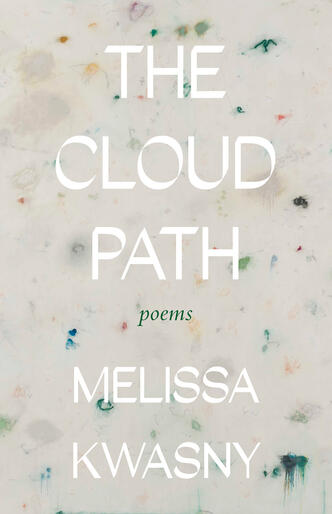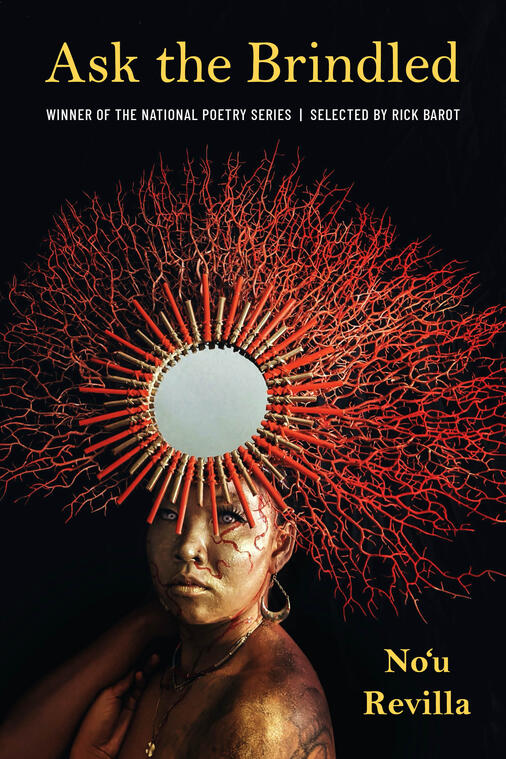
Ask the Brindled
A Finalist for the Eric Hoffer First Horizon Book Award
Winner of the Balcones Prize for Poetry
Ask the Brindled, selected by Rick Barot as a winner of the National Poetry Series, bares everything that breaks between “seed” and “summit” of a life—the body, a people, their language. It is an intergenerational reclamation of the narratives foisted upon Indigenous and queer Hawaiians—and it does not let readers look away.
In this debut collection, No‘u Revilla crafts a lyric landscape brimming with shed skin, water, mo‘o, ma‘i. She grips language like a fistful of wet guts and inks the page red—for desire, for love, for generations of blood spilled by colonizers. She hides knives in her hair “the way my grandmother—not god— / the way my grandmother intended,” and we heed; before her, “we stunned insects dangle.” Wedding the history of the Kingdom of Hawaiʻi with contemporary experiences of queer love and queer grief, Revilla writes toward sovereignty: linguistic, erotic, civic. Through the medium of formal dynamism and the material of ʻŌiwi culture and mythos, this living decolonial text both condemns and creates.
Ask the Brindled is a song from the shattered throat that refuses to be silenced. It is a testament to queer Indigenous women who carry baskets of names and stories, “still sacred.” It is a vow to those yet to come: “the ea of enough is our daughters / our daughters need to believe they are enough.”
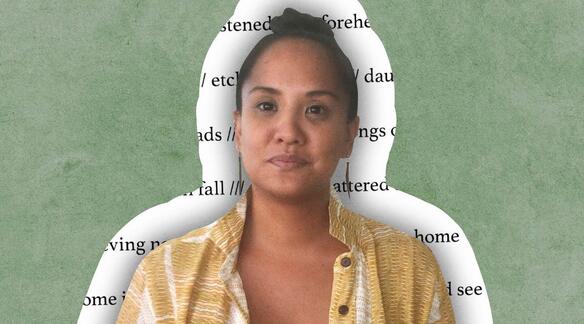

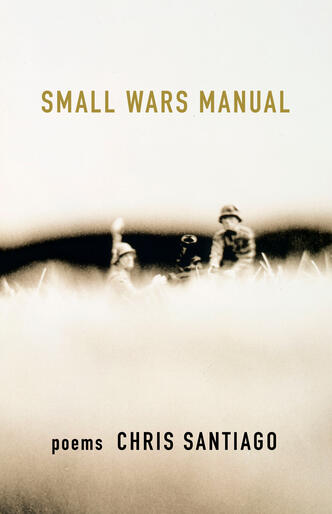
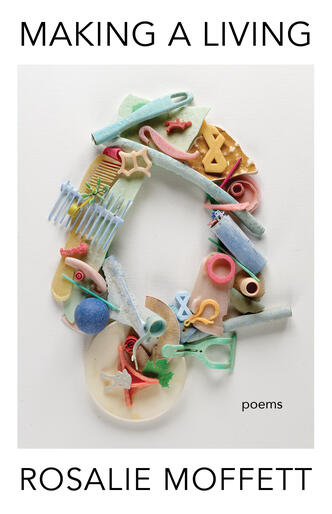
![[...] book cover](/sites/default/files/styles/book_list_cover/public/2024-10/%5B...%5D_NBA_Medallion%20%281%29.jpg?h=c08ebf62&itok=Dbaj25Ek)
